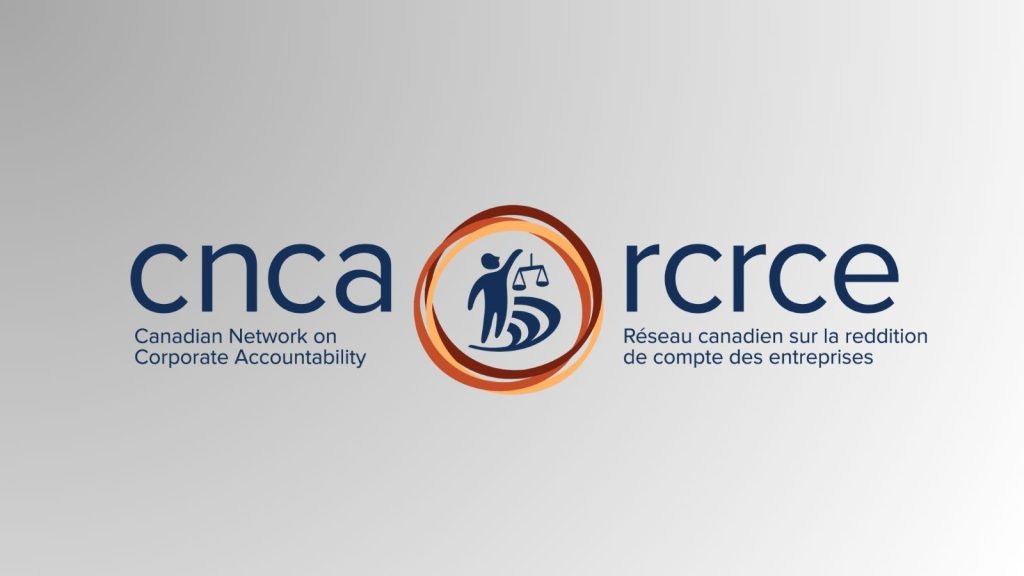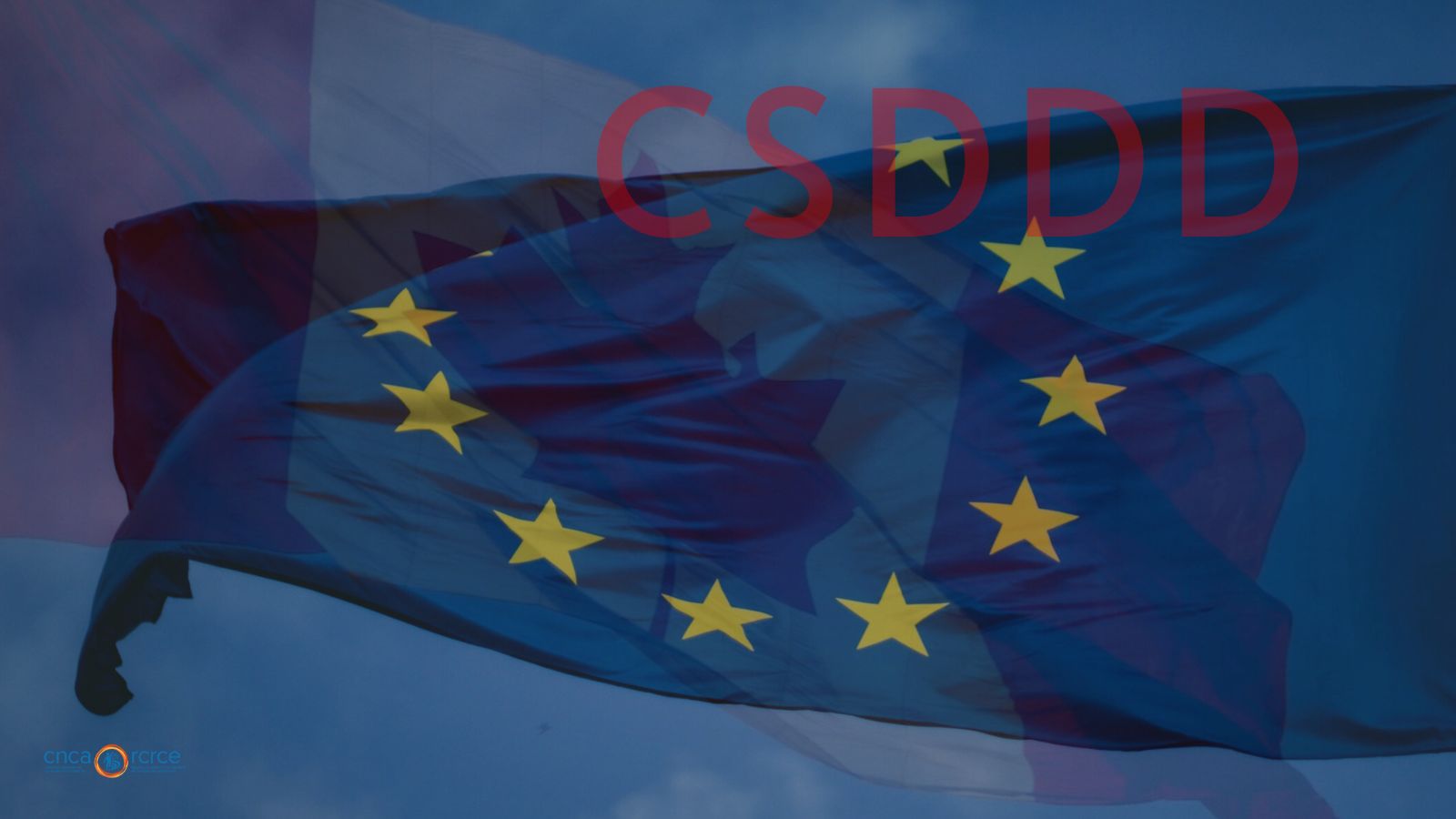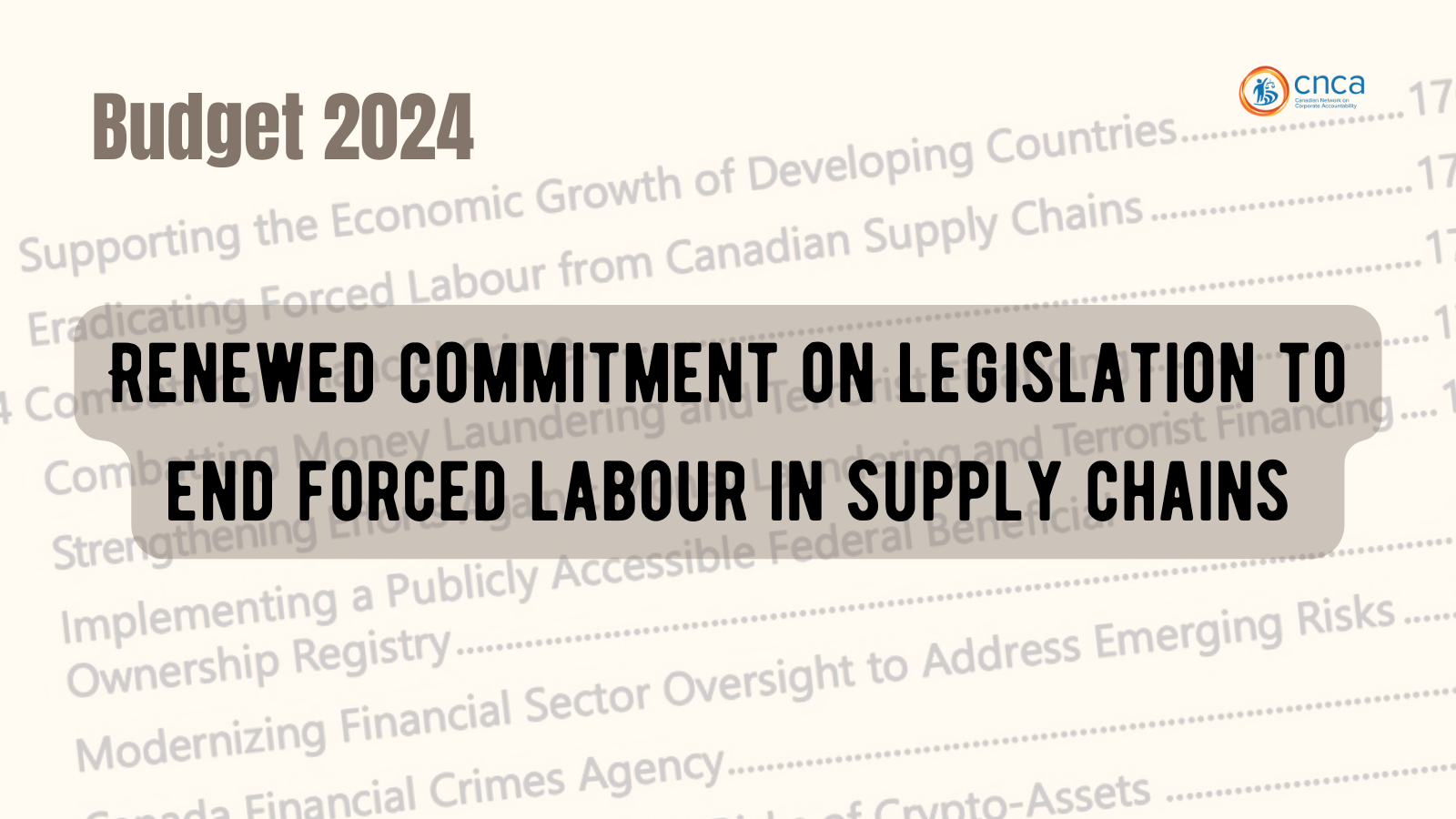Letters are pouring in to the Canadian government from national human rights defenders, community groups, environmental organizations, unions, churches, lawyers and other experts around the world, asking Prime Minister Trudeau to establish an independent Human Rights Ombudsperson for Extractive Industries. Communities that have been affected by grave human rights abuses at Canadian mine sites around the world often have little recourse in their own country to find justice. Mechanisms in Canada have proved inadequate to fulfill Canada’s obligation to ensure its companies respect human rights no matter where they operate.
Read their letters. And then, send your own.
Featured letters:
1. The letter from USO – Colombia (Colombian Union of Petroleum Workers) includes information about a complaint lodged by the union under the Canada – Colombia FTA regarding Canadian company Pacific E&P (which, coincidentally, is an EDC client). The letter explains that the Canadian National Administrative Office, which receives such complaints, recently confirmed that the Colombian government is failing to comply with provisions in the Labour Cooperation Agreement between the 2 countries – in particular, the rights to unionize and to collective bargaining.
2. The letter from Dr. Bonnie Campbell, CIRDIS, Université de Québec à Montréal. In her letter Doctor Bonnie Campbell highlights her 30 years of experience researching the implications of extractive industries in Africa and the ‘lack of determination of the previous Canadian government’ to show leadership. After highlighting four key structural elements that have led to negative impacts,Dr. Campbell highlights: ‘The origins of these tendencies which are prone to contribute to situations of conflict are structural, complex, deep and historically rooted. When such conflicts arise, they cannot be resolved by what are usually associated with the corporate social responsibility (CSR) strategies of individual companies – no matter how well meaning the latter may be. It is because of this structural and historical context that gives rise to all too frequent negative impacts of activities in the extractive sector that the responsibilities of the countries of origin of the companies are of paramount importance.’
3. The letter from Justica nos Trilhos, Brazil makes special mention of Kinross’s Morro do Ouro mine in the state of Minas Gerais (recipient of multiple loans from EDC). It also reminds Prime Minister Trudeau that Justiça nos Trilhos, along with close to 200 other organizations, wrote to the Canadian Prime Minister in April 2016 to demand that his government do something about Canadian mining companies – and that they have not yet received a response. It mentions the political and financial support that the Government of Canada offers to mining companies. And emphasizes the work of the UN and the IACHR vis-a-vis Canadian companies.
47 letters from around the globe… and counting
Asia Pacific
- Alyansa Tigil Mina (ATM), Philippines’ letter
- Akali Tange Association (ATA), Papua New Guinea’s letter
- Pesticide Action Network Asia Pacific (PAN), Regional Network’s letter
- Focus on the Global South (Asia)’s letter
- Cordillera Peoples’ Alliance – Philippines’ letter
Africa
- Lawyers for Human Rights (LHR), South Africa’s letter
- The Council of Churches of Zambia’s letter
- Christian Council of Tanzania’s letter
- Third World Network Africa’s letter
- AFREWATCH (DRC)’s letter
Latin America
- The National Mine Workers’ Federation (FNMM), Peru’s letter
- PODER (Project on Organizing, Development, Educacion and Research), Mexico’s letter
- FESTRAS (Federacion sindical de trabajadores de la alimentacion agroindustrial y similares), Guatemala’s letter
- CALAS (Centro de Accion legal ambiental y social), Guatemala’s letter
- ERIC (Honduras)’s letter
- ASIJEMIN (Argentina, Mining workers union)’s letter
- Observatorio Ciudadano (Chile)’s letter
- Colombian Workers’ Confederation (CUT)’s letter
- FESPAD (Fundacion de Estudios para la aplicacion del derecho), El Salvador’s letter
- Mining Federation of Nicaragua (Federacion de mineros de Nicaragua), Nicaragua’s letter
- CONSTRAMET, Chile’s letter
- ProDESC, Mexico’s letter
- Jus Semper Global Alliance, Mexico’s letter
- Ecumenical human rights commission (Comision ecumenica de derechos humanos), Ecuador’s letter
- EQUIDAD (Peru)’s letter
- Collection of 6 letters from 9 unions and CSOs in Colombia, Colombia.
- FENANSINTRAP, ECATE, Trabajadores por la Tierra, Movimiento National de Victimas de Corporaciones Multinacionales read the joint letter
- Sindicato de Servidores Publicos de Colombia: SINTRAENTEDDIMCCOL, FENASINTRAP, SINDETRAN, Sindicator de trabajadores e empleadoes de Antioquia read the letters
Europe, Canada and Global Networks
- Continental Churches and Mining Network (Iglesias y Mineria), 12 signatories from 9 countries. Read the letter
- Pax Christi International. Read the letter
- Civil Society Institute, Armenia’s letter
- Canadian Jesuits International (CJI), Canada’s letter
- Maquila Solidarity Network’s letter
- European Coalition for Corporate Justice (ECCJ)’s letter
- Bir Duino (Kyrgyzstan)’s letter
- Justice in Mining Network’s letter
- Letter from 84 Canadian university professors – link
- ALBOAN (Spain)’s letter
- Due Process of Law Foundation’s letter
- Secular Franciscan Order of Canada’s letter
- IndustriALL Global Union’s letter





